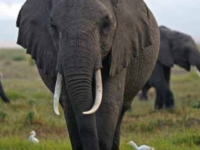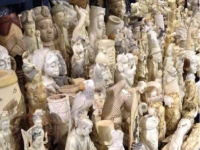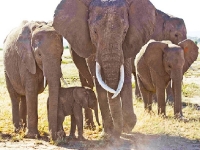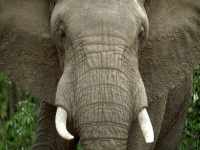Health
ELEPHANT WHITE GOLD TRADE IMPOSES URGENT INTERNATIONAL GREAT DEBATE
TRADE OR NO IVORY TRADE
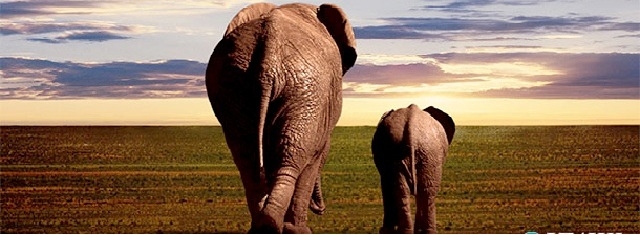
(Source: IFAW)
China is the world leader when it comes to the elephant ivory trade. Thaïland is now considered second in line, while Japan, Europe and the United States are also implicated in trade. Escalating ivory prices and the rising of demand in China, combined with an uncontrollable legal ivory market that provides cover for illegal trade, make a lethal combination that is discrimating wild elephant populations.
Should we legalize the ivory trade ?
Should we legalize the ivory trade ?
Buying ivory in China and Japan is legal, but only if the ivory is bought according to the country's ivory product registration and certification system. In China, ivory bought in this way may only be bought by Chinese nationals and may not be traded outside the country. This system was developed in 2004 to meet the conditions required by the Convention on International Trade in Endangered Species of Fauna and Flora (CITES) for the purchase of stockpilled ivory fom some African countries.
One aim of the one-off sale was to bring down the price of smuggled ivory, making it less profitable business. In fact, the opposite has happened, with the wholesale price of ivory in China, bought by carvers and processors, said to have increased from around US $150 to US $350 per kilogram in 2002 and 2004 respectively to an estimated US $ 750 in 2010. Not only have legal ivoy sales failed to reduce the price of ivory, they have failed to curb demand for ivory too.
In fact, the demand for ivory has soared since 2008, witnessed by an increasing number of seizures of large ivory shipments since 2007, and the declaration by trafic that 2011 was a "anus horriblis" for elephants. Over the past 10 years, elephant range countries in Africa have seen an escalation of elephant poaching, mainly to supply the ivory trade. Across much of the African continent, depleted elephant populations that had begun to recover from their low points of three decades ago are declining again. IFAW calls for any legal trade in ivory to be banned. Propagating the trade will see to the ever-increasing deaths of elephants across Africa.
Ruby Bird Elephant China World Leader Ivory Trade Thailand Japan Europe United States Prices Demand Buying Product Registration Certification System Country Species Survival Slaughter Barbarian Convention
Liability for this article lies with the author, who also holds the copyright. Editorial content from USPA may be quoted on other websites as long as the quote comprises no more than 5% of the entire text, is marked as such and the source is named (via hyperlink).

